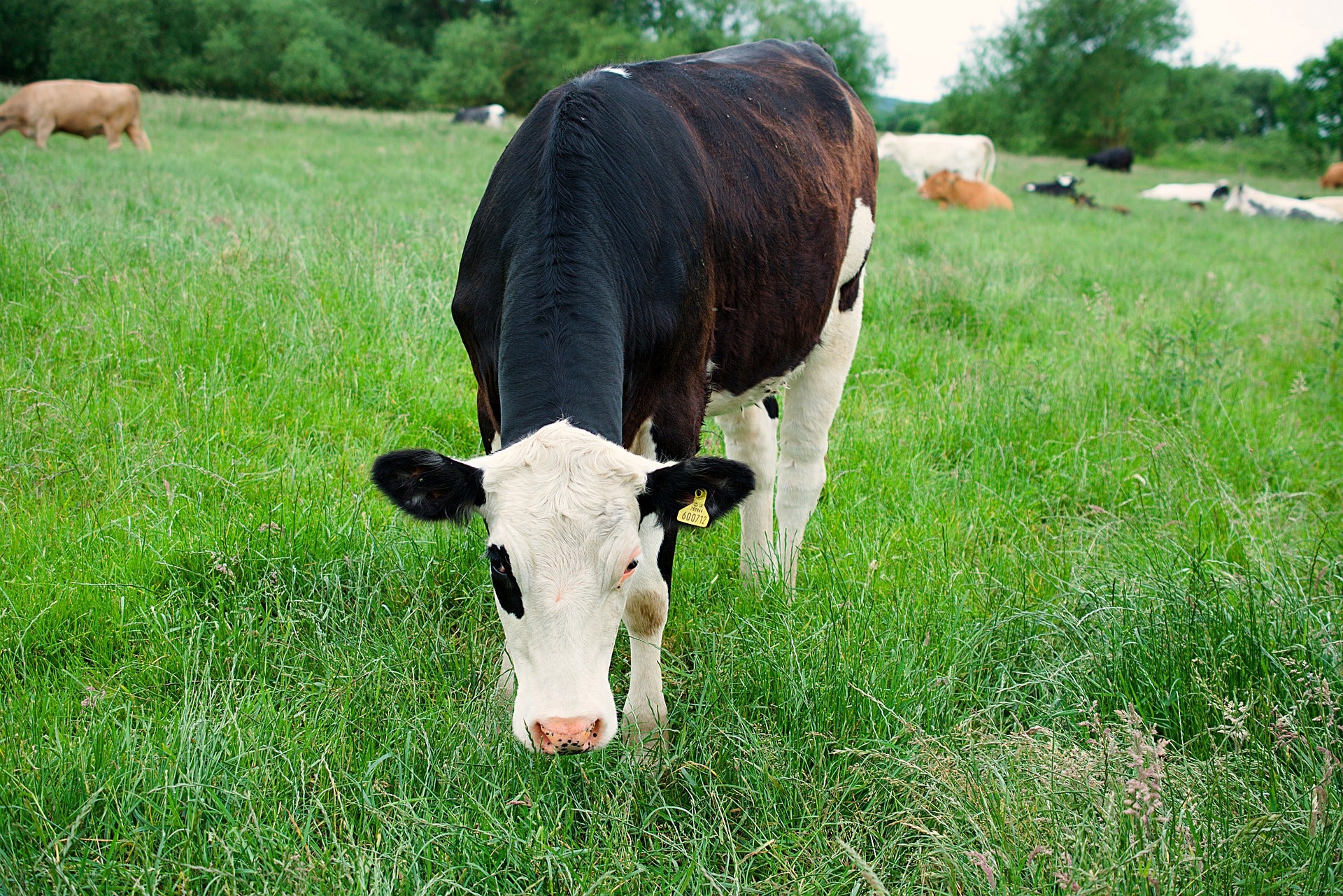
The UK retail and foodservice sectors should report sales data for animal meat and plant-based proteins on the road to cutting carbon emissions, a new report has urged.
Greater transparency is also needed on the sales of HFSS foods, UK-based charity The Food Foundation said.
It wants more retailers and the out-of-home channel to measure and publish data on the percentage of sales of foodstuffs that are high in fat, salt and sugar (HFSS), and the same for fruit and vegetables, along with animal and plant-based protein products.
“Government inaction on making reporting mandatory has meant business progress towards a better food system has slowed, with fewer commitments to healthy and sustainable diets being set in comparison to last year,” The Food Foundation said.
Ahead of the COP28 gathering in Dubai, which starts on Thursday (30 November), Anna Taylor, an executive director at the charity, wrote: “Business transparency has stagnated, with fewer businesses disclosing sales-weighted data on health and sustainability than last year.
“This negative trend is not being helped by the lack of leadership from government on food, and the fact there is still no agreed way of consistently measuring and reporting the nutrient content and carbon footprint of food.”
Access the most comprehensive Company Profiles
on the market, powered by GlobalData. Save hours of research. Gain competitive edge.

Company Profile – free
sample
Your download email will arrive shortly
We are confident about the
unique
quality of our Company Profiles. However, we want you to make the most
beneficial
decision for your business, so we offer a free sample that you can download by
submitting the below form
By GlobalData
While The Food Foundation’s report acknowledged some retailers and foodservice businesses are reporting data on sales and have some targets for HFSS products and fruit and vegetables, the same could not be said for meat and their plant-based equivalents.
“Several businesses have set targets to increase sales of plant-based proteins but have not set targets to reduce sales of animal proteins,” the charity said. “This is a problem because even if sales of plant protein have increased, it doesn’t mean sales of animal protein have decreased and therefore the GHGEs [greenhouse gas emissions] associated with meat production remain.”
The Foundation assessed 27 retailers, contract caterers, casual dining and quick-service restaurants in its analysis.
It found 21.5% of multibuy deals in retailers were centred on meat and dairy, compared to 4.5% for fruit and vegetables and 4.2% for “staple carbohydrates”.
In terms of advertising, 1% was spent on fruit and vegetables versus 0.8% for plant-based dairy alternatives and 9% on meat and animal-linked dairy items.
For the “major UK restaurants”, the study found 62% of main meals on offer contained meat, compared to 32% for the meatless variety.
The charity is urging the government and policymakers to “introduce mandatory reporting to create a level playing field”.
It added: “Companies are delaying moving to set new commitments until the government establishes frameworks and metrics and gives a clear signal that they are committed to the healthy and sustainable diet agenda.”

